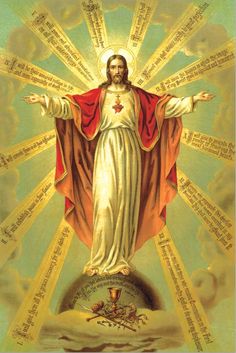
 HE THEME for this year’s “Art of the Beautiful” lecture series is “Spirit & Flesh: The Incarnation and Its Implications for Art.” The series is a project of the The Catholic Artists Society, which describes itself as an association of artists and media professionals. Presented in conjunction with the Thomistic Institute, the lectures are quite popular and would be of interest to anyone who appreciates the field of aesthetics.
HE THEME for this year’s “Art of the Beautiful” lecture series is “Spirit & Flesh: The Incarnation and Its Implications for Art.” The series is a project of the The Catholic Artists Society, which describes itself as an association of artists and media professionals. Presented in conjunction with the Thomistic Institute, the lectures are quite popular and would be of interest to anyone who appreciates the field of aesthetics.
This season’s lecture series addresses topics such as beauty, art, architecture, music, Scripture, and literature. Each in its own way, the talks look very appealing. Especially notable is the conclusion of the series, which directly addresses the relationship of faith and music. The speakers and topics will include:
It’s Complicated: Art, the Beautiful, and the True Good in Dante’s Purgatorio (Dr. Robert Royal, The Faith and Reason Institute)
”You Spoke in a Vision” (Ps 89:19): Iconoclasts, Exegetes, and God’s Word as an Image (Rev. Anthony Giambrone, O.P., Pontifical Faculty of the Immaculate Conception)
Incarnation and Transfiguration: Rediscovering the Iconic Nature of Church Buildings (Prof. Dennis McNamara, University of St. Mary of the Lake/Mundelein Seminary)
Beauty and the Spiritual Senses (Prof. Francesca Murphy, University of Notre Dame)
Faith in Music (Manfred Honeck, Music Director of the Pittsburgh Symphony Orchestra)

The series will be held on Saturday nights at 7:30 PM in the Catholic Center at NYU, followed by a reception and sung Compline.
Again this year, these lectures look very worthwhile. They are sure to promote wonderful discussion of important topics related to the sacred liturgy.
